AP World History Unit 1 - Lesson 1.1
0.0(0)
0.0(0)
Card Sorting
1/19
Earn XP
Description and Tags
Study Analytics
Name | Mastery | Learn | Test | Matching | Spaced |
|---|
No study sessions yet.
20 Terms
1
New cards

Song Dynasty
________ replaced the Tang Dynasty in 960, ruled for over three centuries with a smaller region with flourishing arts, paper money, and a navy.
2
New cards
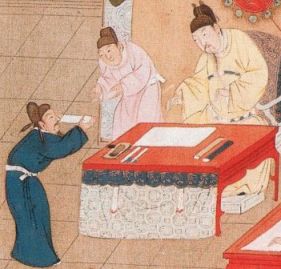
Civil Service Exam
Exams based on Confucian texts, scoring well on them lead to opportunities in highly desired positions in the bureaucracy.
3
New cards
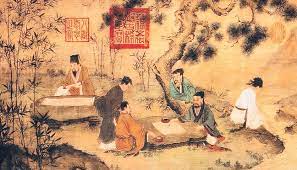
Bureaucracy
A government system consisting of administrative officials (non-elected) who implement policies created by the higher branches of government.
4
New cards
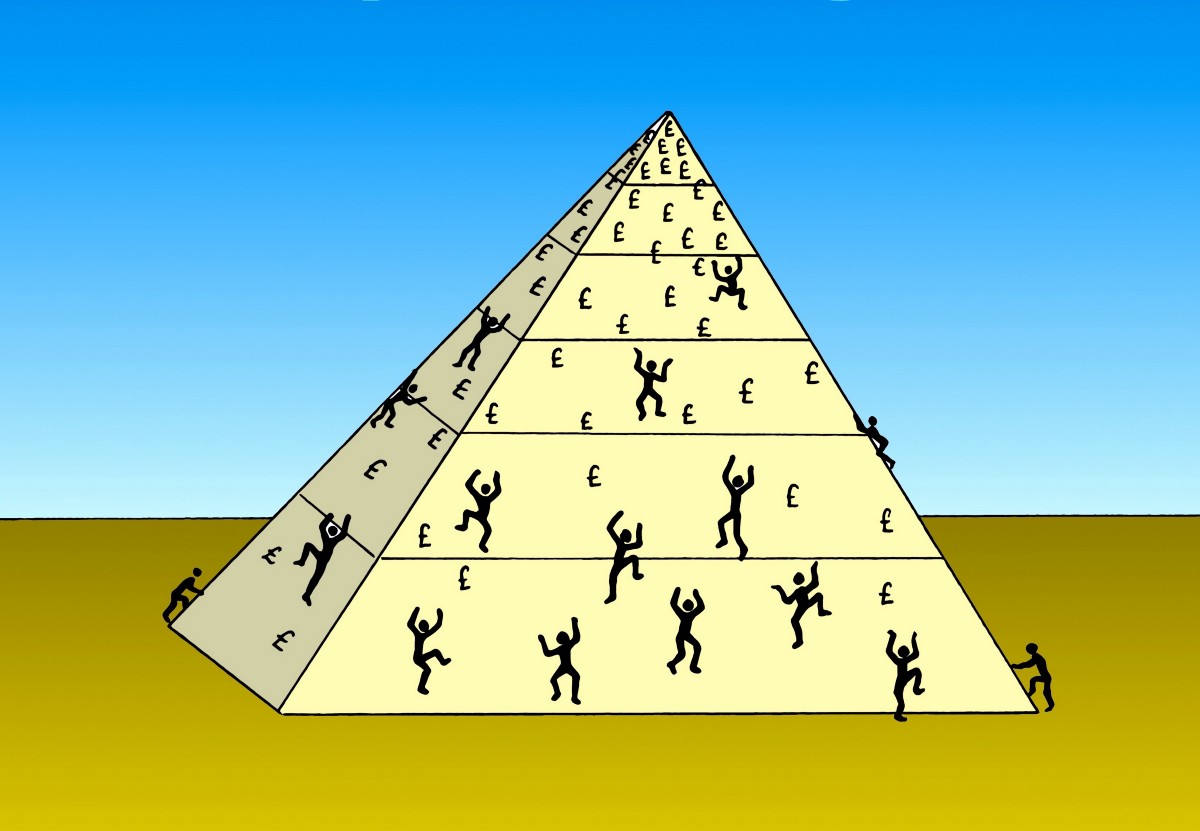
Meritocracy
System where officials are selected based off their ability and merit.
5
New cards
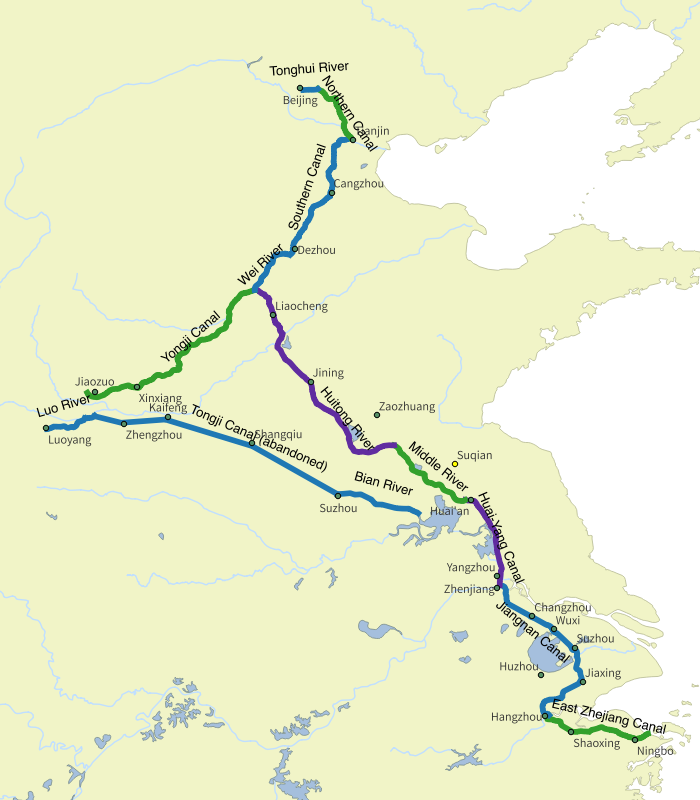
Grand Canal
Internal waterway transportation, extended over 30,000 miles, allowed the Song Dynasty to become world’s most populated trading area.
6
New cards

Champa Rice
A drought resistant and fast ripening rice that expanded the agriculture of China.
7
New cards
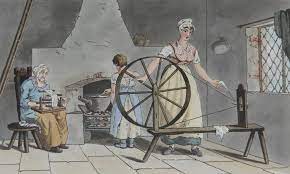
Proto-Industrialization
Society’s shift away was agricultural economy, but not yet reached an industrial economy.
8
New cards
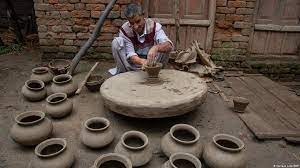
Artisans
A worker in a skilled trade, such as one that involves making products by hand.
9
New cards
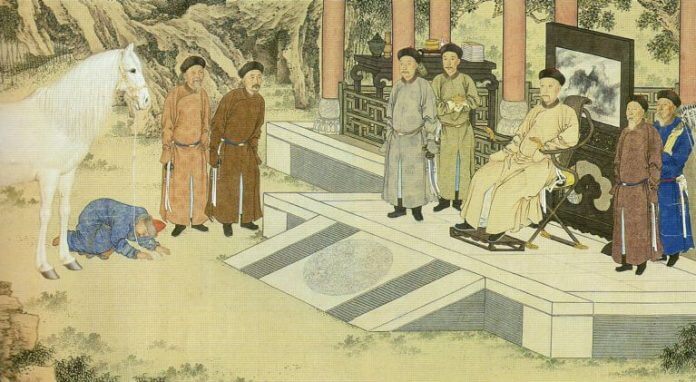
Tributary System
Imperial China’s network of international relations focused on facilitating trade and strengthening China’s powerful position in the region.
10
New cards
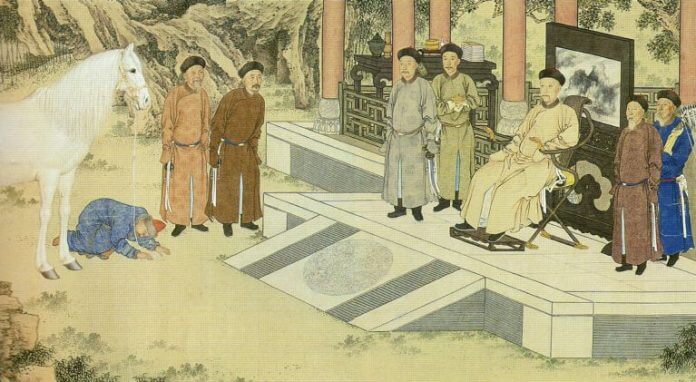
Foot Binding
Chinese practice where young girls had their feet tied so tightly that their bones did not grow naturally, in the hope of making them “marriageable” women.
11
New cards
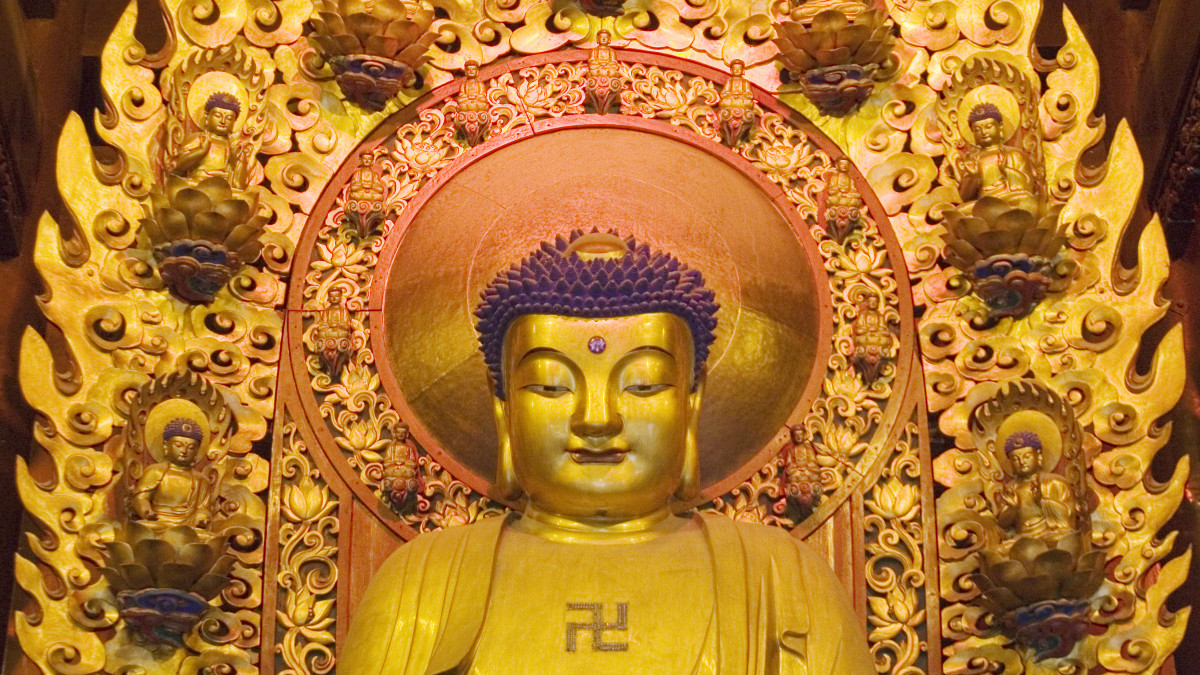
Buddhism
World Religion originating in 6th century India, founded by
Siddhartha Gautama, emphasizes the four noble truths.
Siddhartha Gautama, emphasizes the four noble truths.
12
New cards
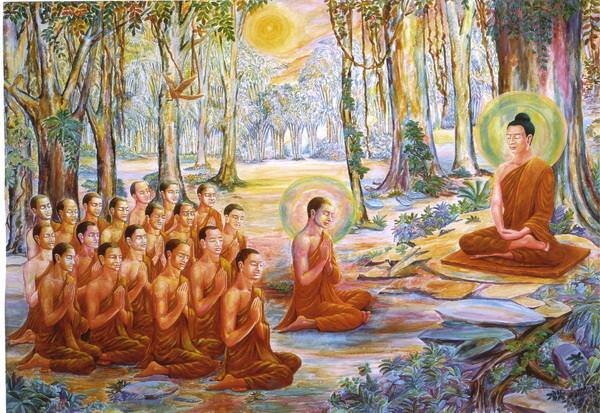
Theravada Buddhism
Older and conservative branch of Buddhism, centers around practices to attain nirvana (enlightenment).
13
New cards
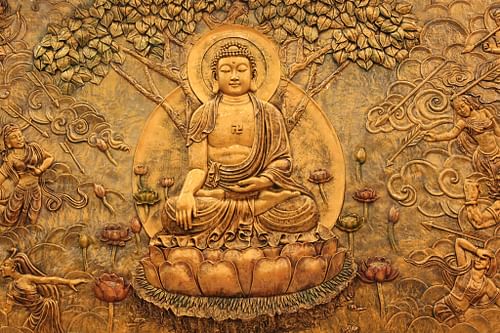
Mahayana Buddhism
One of two dominant branches of Buddhism today,
focuses on spreading happiness and compassion to everyone.
focuses on spreading happiness and compassion to everyone.
14
New cards
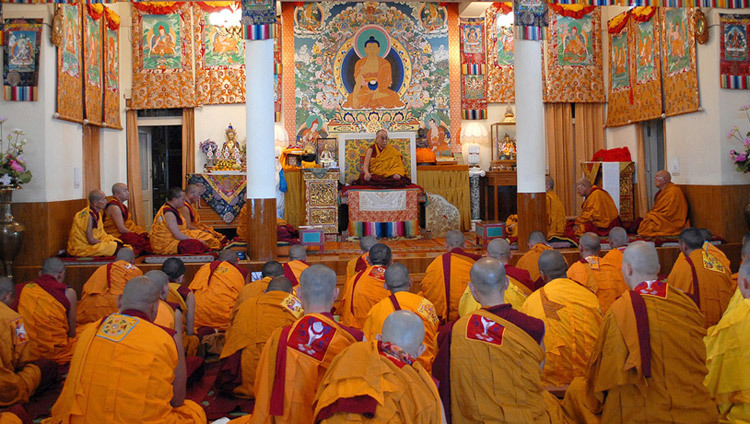
Tibetan Buddhism
Led by the Dalai Lama, this branch of Buddhism dominant in Tibet only requires the follower to change his or her perspective on life.
\
\
15
New cards
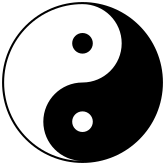
Daoism
Philosophical religion that originated in 6th Century BCE China, focused on harmonizing with the Dao (natural order of the universe).
16
New cards
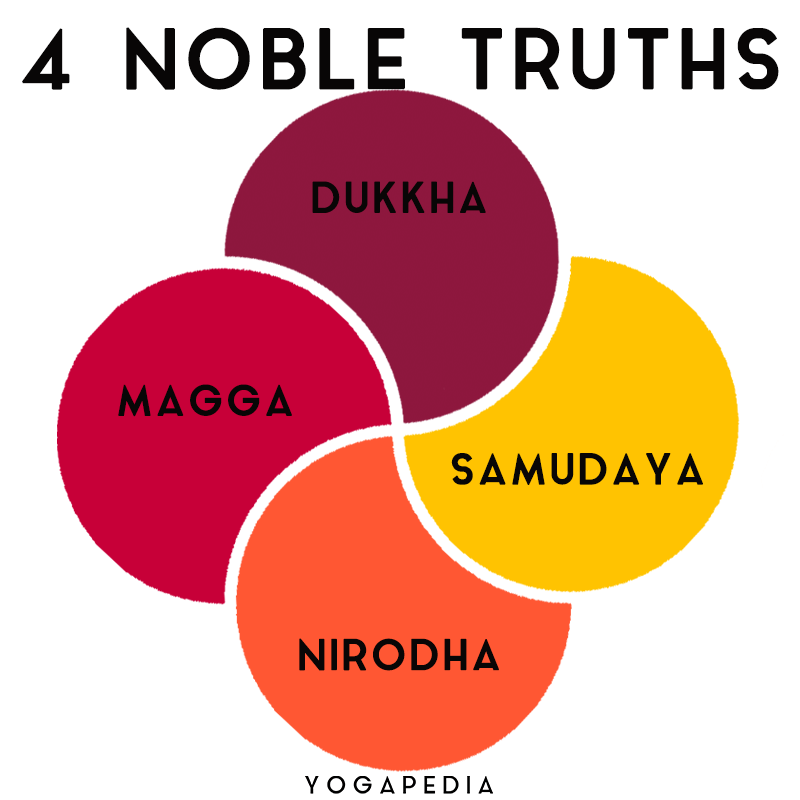
Four Noble Truths
Foundation of Buddhism, spread ideas of suffering in existence and how to avoid it.
17
New cards

Neo-Confucianism
The abstract ideas of Daoism and Buddhism such as reincarnation emphasizing ethics of nature, popular in China’s neighboring countries.
18
New cards
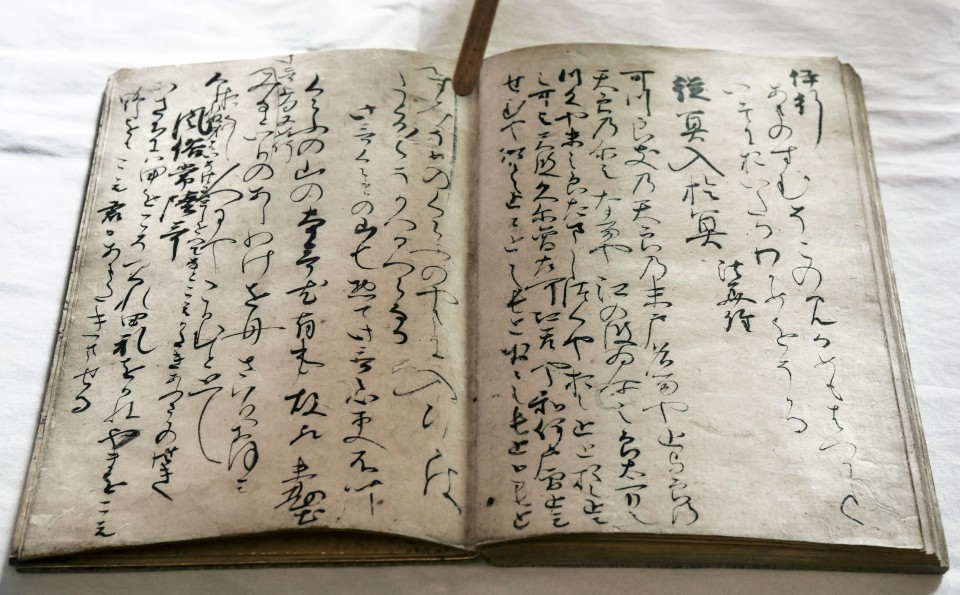
Tale of Genji
The first novel created
19
New cards
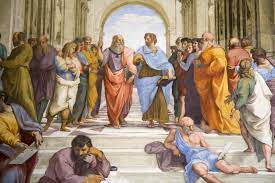
Aristocracy
Government consisting of a small privileged \\ class or by a minority consisting of those assumed to be most qualified to rule.
20
New cards
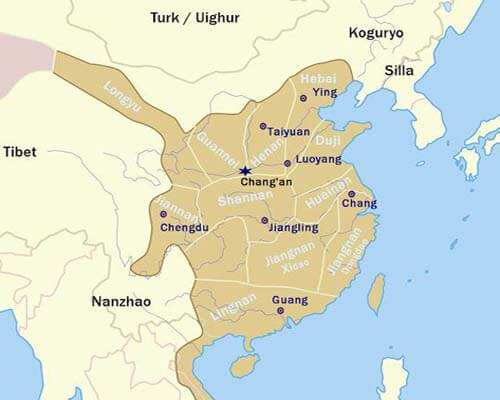
Tang Dynasty
Chinese imperial dynasty that ruled from 618 to 907, considered golden age of china’s arts and culture.